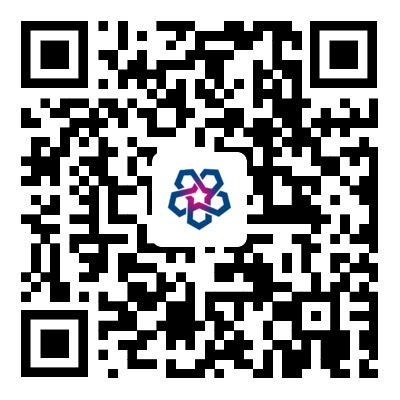- English
- 简体中文
- Español
- Português
- русский
- Français
- 日本語
- Deutsch
- tiếng Việt
- Italiano
- Nederlands
- ภาษาไทย
- Polski
- 한국어
- Svenska
- magyar
- Malay
- বাংলা ভাষার
- Dansk
- Suomi
- हिन्दी
- Pilipino
- Türkçe
- Gaeilge
- العربية
- Indonesia
- Norsk
- تمل
- český
- ελληνικά
- український
- Javanese
- فارسی
- தமிழ்
- తెలుగు
- नेपाली
- Burmese
- български
- ລາວ
- Latine
- Қазақша
- Euskal
- Azərbaycan
- Slovenský jazyk
- Македонски
- Lietuvos
- Eesti Keel
- Română
- Slovenski
- मराठी
What are some benefits of using Stickers and Activity Pads for special needs children?
2024-10-21

What are the benefits of using Stickers and Activity Pads for special needs children?
Stickers and Activity Pads can help children with special needs in many ways, including:
1. Enhancing fine motor skills
Children can develop their fine motor skills by peeling stickers, coloring pictures, and using scissors. These activities promote hand-eye coordination and dexterity, which are essential for daily activities such as dressing and writing.
2. Encouraging creativity and imagination
Stickers and Activity Pads offer a canvas for children to express themselves creatively and use their imagination. With open-ended activities, children can create their own stories and designs, leading to a sense of pride and accomplishment.
3. Developing problem-solving abilities
Stickers and Activity Pads present challenges that require problem-solving skills, such as finding the right sticker or filling in a missing picture. These types of activities help children learn to think critically and develop their cognitive abilities.
4. Promoting communication and language development
Stickers and Activity Pads can be used as a tool for language development, as children can discuss the pictures and stories they create. These activities can also be adapted to target specific language goals, such as vocabulary or grammar.
Conclusion
Using Stickers and Activity Pads can provide a range of benefits for children with special needs, including enhancing fine motor skills, encouraging creativity and imagination, developing problem-solving abilities, and promoting communication and language development. These interactive tools offer a fun and engaging way for children to learn and develop new skills.
Ningbo Starlight Printing Co., Ltd. is a leading manufacturer of educational toys and materials, including Stickers and Activity Pads. Our company is committed to providing high-quality and innovative products that promote learning and development in children. For more information about our products and services, please visit our website at https://www.starlight-printing.com or contact us at andy@starlight-printing.com.10 Scientific Papers on the Benefits of Stickers and Activity Pads:
1. Keulers, E. H. H., Van Ravenswaaij-Arts, C. M. A., Fliers, E. A., & Schellekens, A. (2015). Instructive play for acutely admitted children with special health care needs: a randomized controlled trial.
2. Sharp, E., & Hill, V. (2016). Designing and implementing a multisensory programme for children with complex disabilities of differing aetiologies.
3. Bernheimer, L. P., & Weisner, T. S. (2007). Let's get real about special education: The impact of contextual factors on special educators' professional identities.
4. Yeung, P., Chen, W., & Chan, A. S. (2019). Effectiveness of mind mapping and pair programming in improving programming performance among university students with and without special needs.
5. Lam, S. F., & Law, W. (2015). Effects of play on creativity and problem solving among children with different cultural backgrounds.
6. Shih, W., Pattison, C., Ostrander, R., & Wong, W. (2014). Manipulating stimuli to teach mands for information with preschoolers with autism and other developmental disabilities.
7. Sicile-Kira, C., & Sicile-Kira, R. (2007). Autism spectrum disorders
8. Platten, K. M., & Newman, J. K. (2020). The impact of multi‐component intervention in preschool on children’s social development and symbolic play of children with and without special educational needs.
9. Törmänen, M., Chawla, D., & Sandström, K. (2015). Teacher-partnered participatory design in special schools: Co-creating an app for teachers, parents, and pupils.
10. Bernard-Opitz, V. (2012). Autism spectrum disorders: intervention strategies, treatment and therapies




